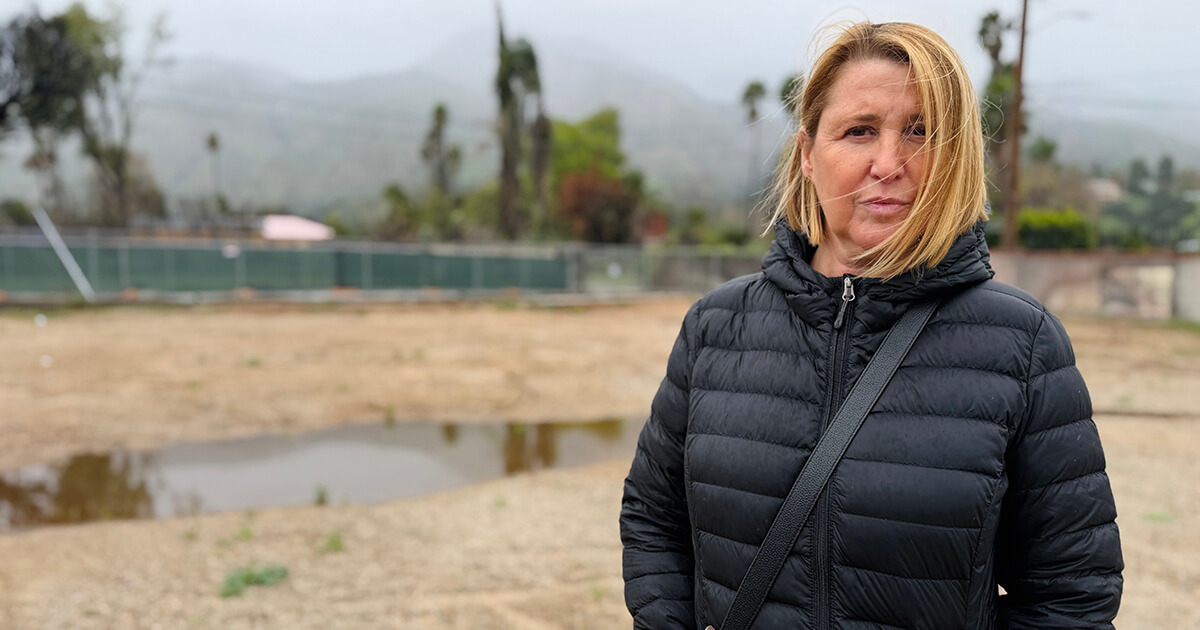French Shoah Case May Get New Push
Representatives of about 600 Holocaust survivors are asking the U.S. Supreme Court to hear their complaint accusing France’s national railroad company of aiding and abetting the commission of war crimes and crimes against humanity by knowingly deporting tens of thousands of Jews.
The five-year-old case, Abrams v. Societe Nationale des Chemins de Fer Francais, is one of the few recent Holocaust-related cases that remains unsettled. The train company has consistently refused to settle, and the French government has refrained from intervening directly in the case.
France has been careful to avoid any Holocaust-related controversy over the pat years, notably by negotiating in 2001 an agreement with the American government to put in place a compensation mechanism for wartime spoils.
The survivors could be getting a boost, after lawmakers in Congress Tuesday reintroduced a legislative proposal that would preclude railroad companies from using sovereign immunity to escape war crimes prosecution.
According to the complaint against the railroad company, about 76,000 Jews and thousands of non-Jews were deported in 72 convoys between March 1942 and August 1944. The company operated the trains and charged standard commercial rates to the German authorities, the suit claims.
Harriet Tamen, the plaintiffs’ lead lawyer, said the railroad company provided trains and employees and herded as many people as possible in the convoys, charging an ordinary coach fare calculated per person and per kilometer.
One of the main pieces of evidence, made available to the Forward, is an August 12, 1944 unpaid bill of 210,385 francs for the transportation of prisoners and the “expelled” — those destined for concentration camps in Germany — during the first part of 1944, which the railroad company sent to the French authorities. The bill was duly paid.
The railroad company has argued in court that it was a state-controlled entity merely following orders from the French Vichy authorities, and is thus protected by the immunity granted to governments under the Foreign Sovereign Immunities Act of 1976.
On those grounds, in November 2001, the district court of Eastern New York accepted the train company’s motion to dismiss the suit filed a year earlier on behalf of mostly American survivors. An appeals court overturned the decision in June 2003 by stating that the 1976 act was not retroactive, but then reversed itself this past November after the Supreme Court ruled in June in another Holocaust-related case that the act was in fact retroactive.
The plaintiffs’ legal team is expected to file the appeal with the Supreme Court either February 4 or February 7. The company has one month to submit counterarguments.
The plaintiffs argue that the June 2004 Supreme Court ruling granting sovereign immunity to an Austrian government-owned museum in an art expropriation case should not apply to the French railroad because it was not state-owned during World War II.
Andreas Lowenfeld, a lawyer for the French railroad, countered that the company has always been state controlled. And the appeals court ruled in November that the only company status that mattered was the one at the time the complaint was filed — in 2000. “The Supreme Court has ruled that sovereign immunity applies in a case like this,” Lowenfeld, a professor at New York University, said.
In order to bolster the survivors’ case, Republican Rep. Ileana Ros-Lehtinen of Florida and Democratic Rep. Carolyn Maloney of New York sponsored a bill this week, first introduced in 2003, aimed at overcoming the railroad company’s case.
The bill would grant federal courts jurisdiction over any civil claim arising from the deportation to Nazi concentration camps between January 1942 and December 1944, and brought by or on behalf of victims against a railroad organized as a separate legal entity that owned or operated the trains on which they were deported.














